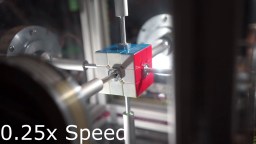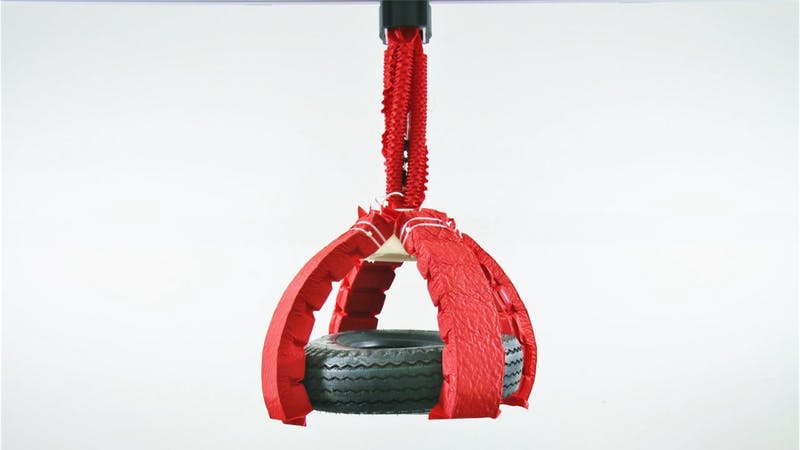MIT
A new MIT report proposes how humans should prepare for the age of automation and artificial intelligence.
MIT and Google researchers use deep learning to decipher ancient languages.
This MIT robot solves it faster than any human ever could. It’s a world record.
▸
with
New insights into the role of water vapor may help researchers predict how the planet will respond to warming.
Imagine reading by plant light, and glow-in-the-dark trees instead of street lamps. That’s on the horizon thanks to these engineers.
Do we really need to spend such a mind-bogglingly huge amount of money on surveilling the world (and the American taxpayers) to find a terrorist-needle in a global-haystack?
▸
4 min
—
with
This remarkable breakthrough is sure to usher in a new generation of robots.
These scientists scooped up the Nobel by detecting a ripple in space-time.
Renowned linguist and public intellectual MIT Professor Noam Chomsky offers his take on the Trump administration and its troubles with Russia.
Designed by two MIT professors, this build-it-yourself kit teaches kids to “think with their hands” in an effort to bolster STEM skills early on.
An MIT study predicts when artificial intelligence will take over for humans in different occupations.
NASA space probes discovered a protective barrier created by human communication technology.
AI is short for more than just ‘Artificial Intelligence’. At this crucial stage in its design, we have to decide whether we want it to merely serve us, or to challenge and augment our many selves.
▸
8 min
—
with
Cognitive abilities peak at varying ages, say researchers from MIT and Harvard.
Even our most imaginative expectations of AI are only primitive — but as neuroscience understands the brain more deeply, it will unlock the full potential of hybrid intelligence.
▸
3 min
—
with
A “forbidden research” conference at MIT tackles areas of science constrained by ethical, cultural and institutional restrictions.
Here are two cutting-edge neuroscience technologies that may enable us to treat conditions like blindness, epilepsy and Alzheimer’s.
▸
4 min
—
with
Scientists release observation data from 1,600 stars in hopes the public can help find planets that orbit stars outside our solar system.
Despite our romanticized vision of social media as a global town square overflowing with diversity, the reality is that each user’s experience is hyper-filtered.
Forget everything you thought you knew about boiling and freezing, thanks to these MIT scientists.
Artificial intelligence (AI) is not nearly as smart as we want it to be. Because we are not nearly as smart as we want to be.
Some have deemed old-fashioned light bulbs as good as dead. But researchers at MIT have devised an incandescent light that’s greener than ever.
A recent study has found “significant evidence of racial discrimination” in ride-hailing services Uber and Lyft. If you’re black, you may be more likely to find your ride canceled or be subjected to longer wait times.
Driverless cars are nothing short of a revolution – not a technological revolution, but a social one, that will determine how fast we can accept, adapt and trust these new systems to change our lives.
Driverless cars may be borne out of science fiction, but they are fast becoming realities on tomorrow’s roadways. The transition from driver to robot is nothing short of a revolution. Not a technological revolution, but a social one, that will determine how fast we can accept, adapt and trust these new systems to change how and where we live, work, play and interact with each other.
How do we make fair contracts? These guys figured it out, and their work has implications in ethical and business questions about companies like Enron and privatized prisons.
Swiping a bank card and Venmo-ing your friends has made money more abstract than ever – and therefore so much easier to thoughtlessly spend. A proposed new tech device would make cash-free purchases tactile again.
Researchers at MIT have developed a system that can read a person’s emotions, even hidden ones, at a distance.
A new study highlights the new ethical dilemmas caused by the rise of robotic and autonomous technology, like self-driving cars.



























